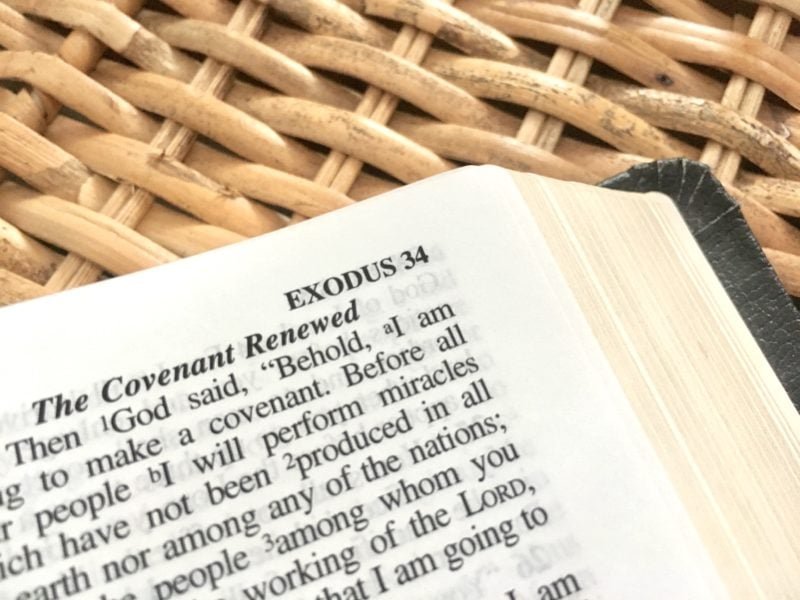I don’t think I have ever heard a sermon on Exodus 34:5-7. I am sure many sermons have been preached on it, but not any that I have heard, or remember.
Here’s what it says:
“Then the Lord came down in the cloud and stood there with him [Moses] and proclaimed his name, the Lord. And he passed in front of Moses, proclaiming, “The Lord, the Lord, the compassionate and gracious God, slow to anger, abounding in love and faithfulness, maintaining love to thousands, and forgiving wickedness, rebellion and sin. Yet he does not leave the guilty unpunished…” (Exodus 34:5-7).
Two thoughts immediately amazed me about these verses.
First, Moses witnessed this! God and Moses had a hugely special relationship. God revealed himself to Moses unlike anyone else in human history. How special and awesome that would be. I long to have a close relationship with God, yet my inching forward in faith and practice will most likely never progress to seeing or hearing God like Moses did on earth.
Second, God describes Himself in such marvelous detail.
Yet the first descriptive word He uses is compassionate.
If I were asked to write a description of God, I would write gracious first. Then merciful, loving, forgiving, almighty, and all-knowing. Then and only then, I might think of the word compassionate, but I certainly would not think of it first.
I don’t believe God is ever haphazard about His words and I do believe there was a purpose in Him saying “compassionate” first. Compassion is a big value and important concept. He wants us to study it, do it, and become experts at it.
Understanding God’s compassionate heart is key.
The more I study about being compassionate, the more I ponder its meaning, the more I will understand the essence and the heart of God. And the more I act with compassion, the more I put into motion the servant’s attitude of compassion, the closer I move toward God and allowing Him to work through me.
While all of the words God uses to describe Himself in Exodus 34:5-7 are meaningful, you could spend a long time examining each of them. But, I believe, if you don’t start with “compassionate,” you aren’t even getting started understanding God.





